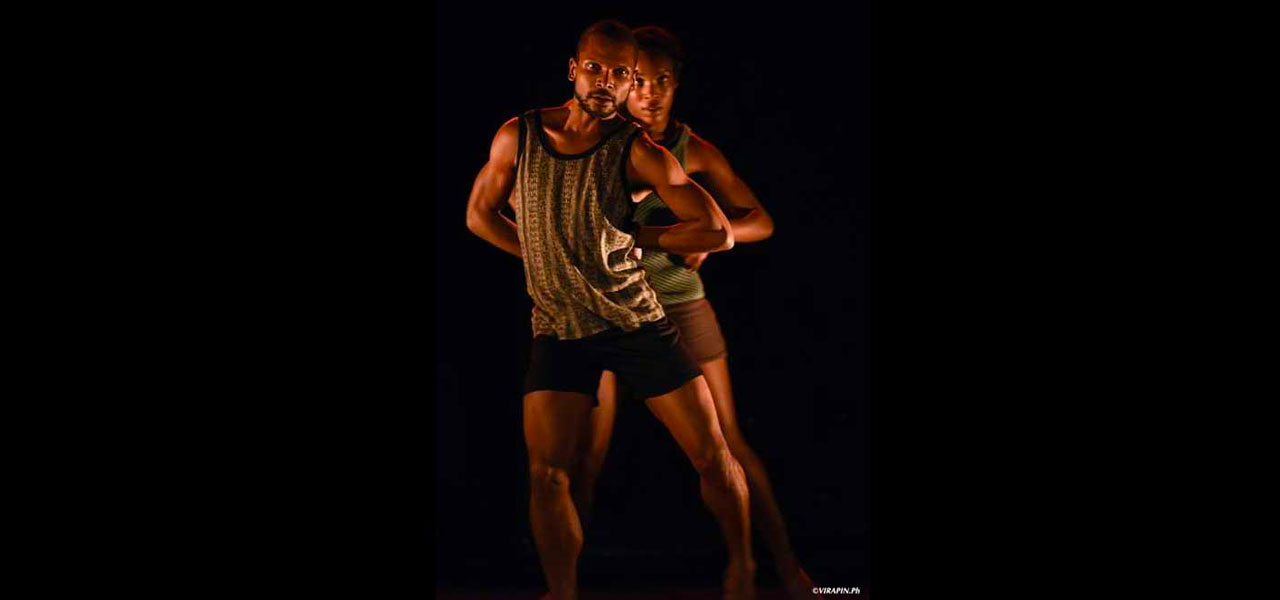La pièce « @ » traite en parallèle deux mondes qui ne se touchent pas mais qui provoquent une domination de notre état de conscience dans une culture de plus en plus globalisée.
Ce parallèle entre le colonialisme d’un côté et l’exploitation du monde numérique de l’autre, est présenté dans la pièce par un dialogue entre deux personnages, « @ » et « Bwa Boulé », qui abouti, au final, à dévoiler la fois les limites et les futilités propres au système actuel.
Dans la pièce, @ est un personnage imaginé comme métaphore des victimes du colonialisme.
En effet, à l’origine, le @ était utilisé comme symbole de mesure de certaines cultures. Aujourd’hui, chacun de nous le reconnaît comme exclusivement comme symbole du courrier électronique et plus généralement comme symbole de la communication moderne. ON l’a redéfini. ON lui a donné une autre vie, une autre identité, ON l’exploite ou le surexploite à nos propres fins.
Face à l’adaptation vitale, comment vit et réagit @ ?





